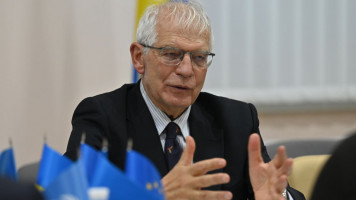Libya, Italy rescue 5,000 migrants in a week
Though the numbers attempting the dangerous journey have dropped off significantly in recent months, these new rescues indicate the route is still very much open.
The tally was the highest reported out of Libya for a one-week period since mid-July saw a dramatic fall in the number of migrants trying to reach Europe.
Six years since a revolution and NATO intervention that toppled dictator Muammar Gaddafi, violence-wracked Libya has become a key gateway for clandestine migration to Europe with nearest European country Italy bearing the brunt of the fallout.
Most of the latest rescue operations in Libyan waters were staged off the cities of Zawiya and Sabratha, Libyan navy spokesman General Ayoub Kacem said in a statement.
He added the Libyan coast guard rescued 2,082 migrants in nine operations from Monday to Friday, adding one woman had died, while Saturday saw a further 1,047 people picked up.
Italy, the closest and main destination, has recorded 6,500 arrivals since mid-July, barely 15 percent of the figure for the same period in the past three years.
Even so, the past week alone has seen around 2,000 rescues according to NGOs, including Save the Children and the Red Cross, and media reports.
In July, Italian Interior Minister Marco Minniti proposed a pact to combat human trafficking during a visit to Tripoli to meet mayors of cities affected by the waves of arrivals.
Italian Prime Minister Paolo Gentiloni on Sunday welcomed the overall recent falloff in arrivals.
"The Italian experience of the past few months shows what can be done. There are fewer arrivals and also fewer deaths at sea," said Gentiloni, despite the spike over the past week.
Rights campaigners fear Italy's focus on strengthening the Libyan coastguard to ensure boatloads of migrants are intercepted before reaching international waters could place thousands of people with a right to asylum at serious risk.
Refugee agencies say Libya is too unstable for any potential refugee to be safely returned there.
There is particular concern over the fate of migrants who end up in the country's detention camps, where conditions are usually squalid and a lack of regulation means people risk torture, sexual abuse and forced labour.

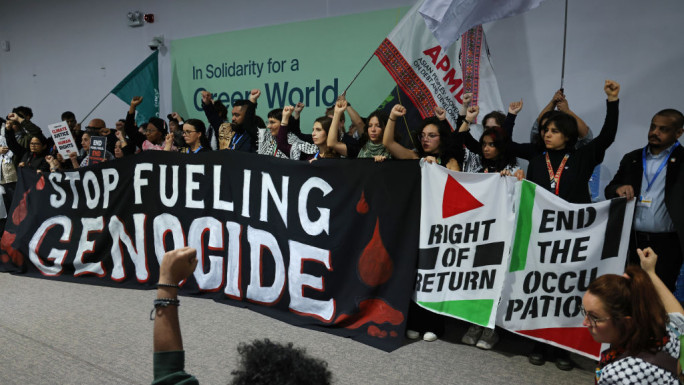
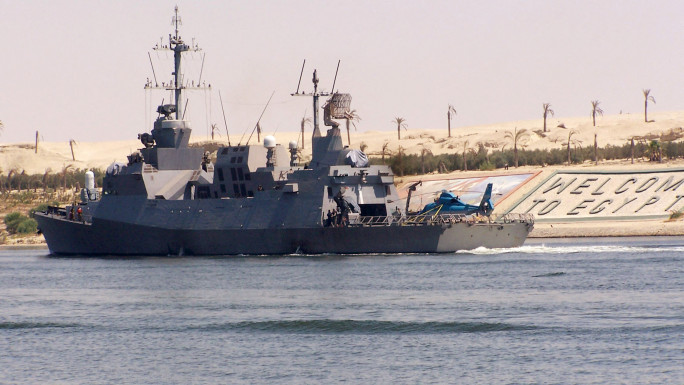
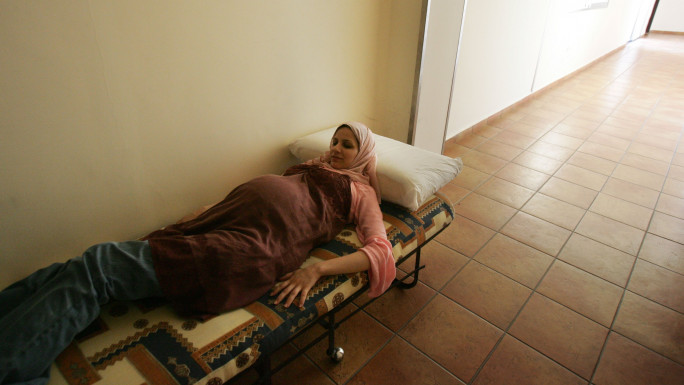

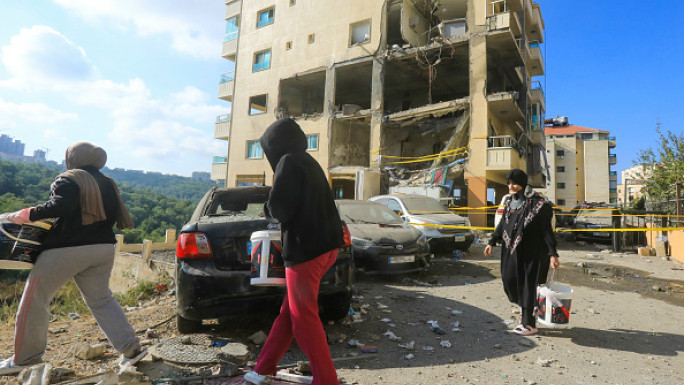
 Follow the Middle East's top stories in English at The New Arab on Google News
Follow the Middle East's top stories in English at The New Arab on Google News
![Gazans reel after Israel strike [Getty]](/sites/default/files/styles/image_330x185/public/2183300682.jpeg?h=a5f2f23a&itok=fN-GAQGE)

